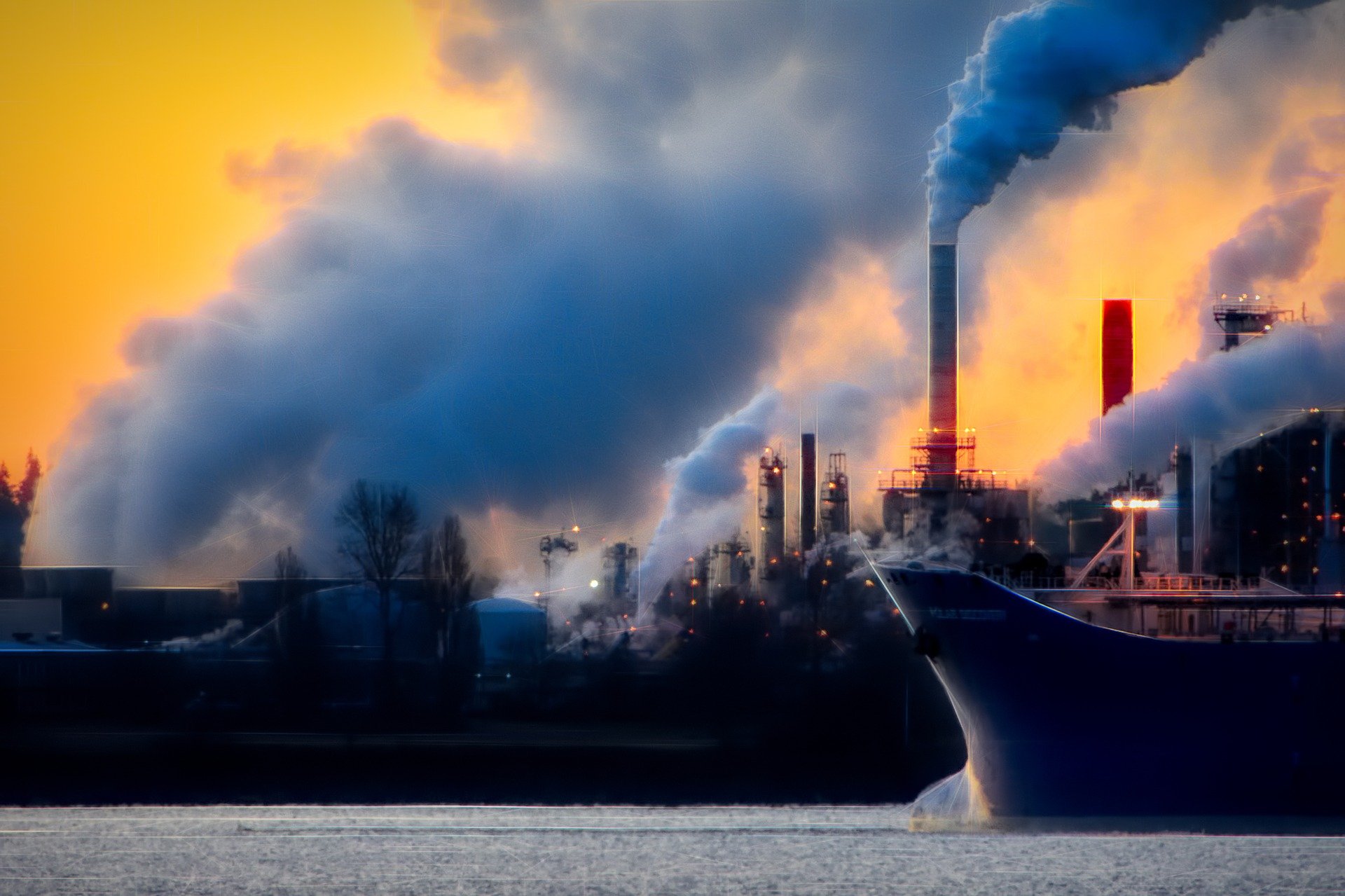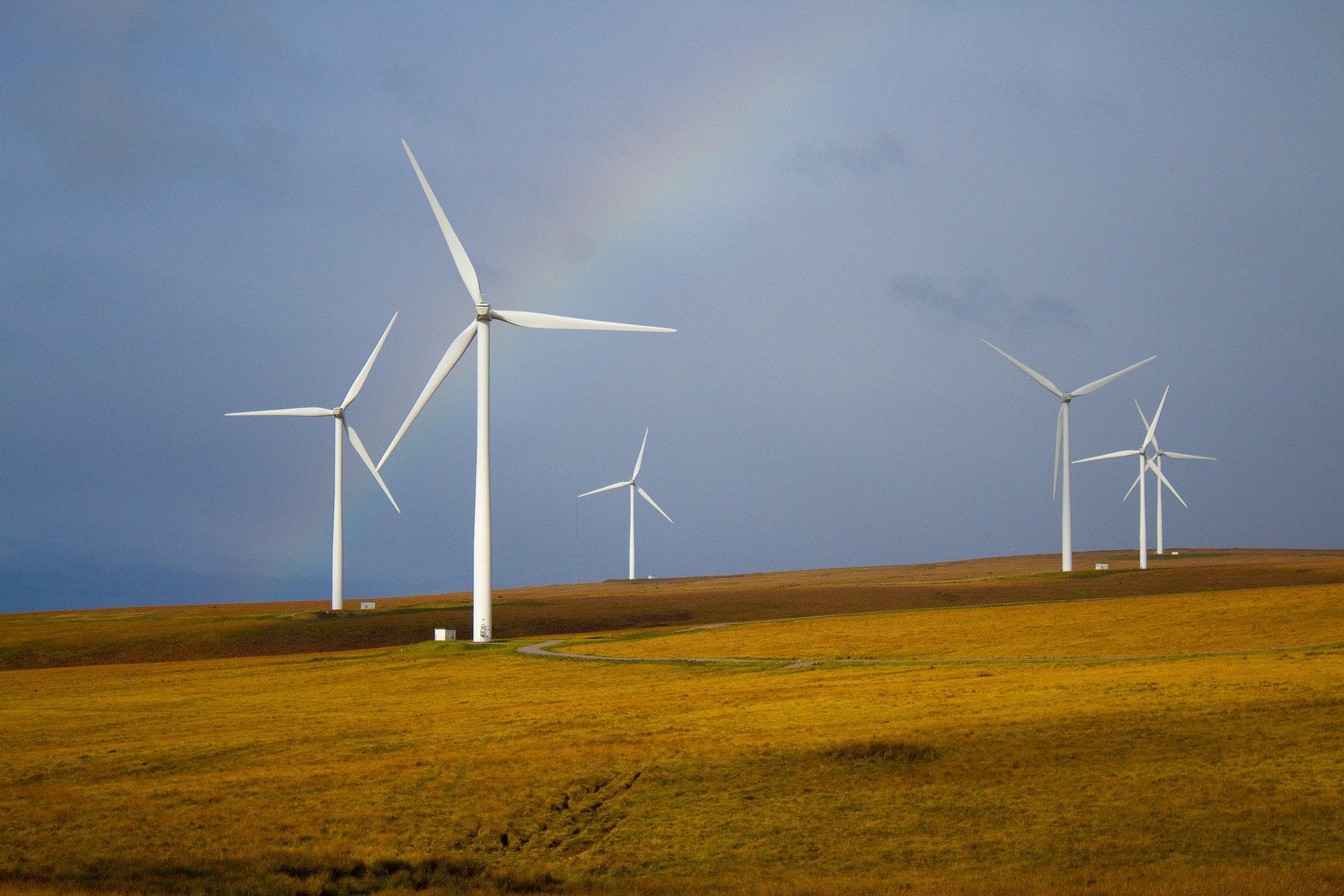32,000 Leaked Documents Reduce Optimism Around COP26

After the leaked document revealed nations have been lobbying the UN to change climate reports, Housing Industry Leaders highlights who is involved and how harmful it is for the COP26 summit.
The substantial leak of documents, first seen by the BBC, show how various countries across the globe have been lobbying to change the climate change reports findings on how best to tackle climate change.
The three main culprits of the leaked documents are Saudi Arabia, Japan, and Australia. The scale of this scandal has tainted the upcoming COP26 climate change summit.
COP26 has already received setbacks in recent weeks, most recently from the Queen’s comments and after Russia announced they aren’t attending.
Countries have been found to resist the UN recommendations for action, with more than 32,000 submissions made by governments and companies to a team of scientists with the hope they will change the shape of reports such as the IPCC.
There are three main focuses in the documents. They consist of fossil fuel use, eating meat and helping poorer countries to tackle climate change.
It comes as a little surprise that countries such as Saudi Arabia are defending the use of fossil fuels and Japan advocating a push for carbon capture and storage. Both policies that Europe are advocating against.
Questions are raised as to how we will achieve global net-zero when key figures across the globe can’t agree on frameworks. Will COP26 solve these issues or embed them further?
The world’s love affair with fossil fuels is far from over
Major parts of the leak highlight how countries and organisations are pushing the idea that the world doesn’t need to lower fossil fuel usage anywhere near as fast as the UN suggests.
An adviser to the Saudi oil ministry insists: “the need for urgent and accelerated mitigation actions at all scales…” should not be included in the report.
Over in Australia, they also oppose the recommendation of closing coal-fired plants. This directly contradicts the objectives set out by COP26, despite Australia attending.
Saudi Arabia is one of the largest oil producers in the world and Australia is a major coal exporter, so their opposition doesn’t come as a huge surprise.
Meat Consumption causing more debate than ever before
This theme runs throughout all the documents, with Argentina and Brazil opposing a reduction in meat consumption as two of the largest producers of beef.
Half of all farmed animal emissions come from beef and lamb and 25% of global emissions come from food. Adding to this, the draft report explains that: “plant-based diets can reduce greenhouse gases emissions by up to 50%.”
Both Argentina and Brazil reject this statistic as false and misleading asking the authors to delete this section.
Instead, they explain: “avoiding generalisation on the impacts of meat-based diets on low-carbon options” and argue there is evidence carbon emission can be reduced while still consuming meat.
‘I’m alright Jack’ attitude not going away anytime soon
Switzerland has also been lobbying to make changes for how we help poor countries reduce their emissions. They are resisting the push for richer countries to financially support other countries.
Despite this, it was agreed back in 2009 that developed nations would provide $100 billion a year for developing countries. This was meant to be achieved by 2020, and to no surprise, it is yet to be met. Many nations are blaming the pandemic for the lack of funding for this project.
The Swiss Federal Office for the Environment explained: “While climate finance is a critical tool to increase climate ambition, it is not the only relevant tool. Switzerland takes the view that all Parties to the Paris Agreement with the capacity to do so should provide support to those who need such support.”
These leaked documents tell us two things about the current state of the objectives surrounding the environment. One, optimism surrounding COP26 is rapidly being overshadowed and secondly, the world isn’t ready to come together for the sake of the planet.

